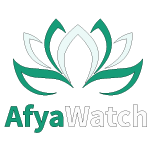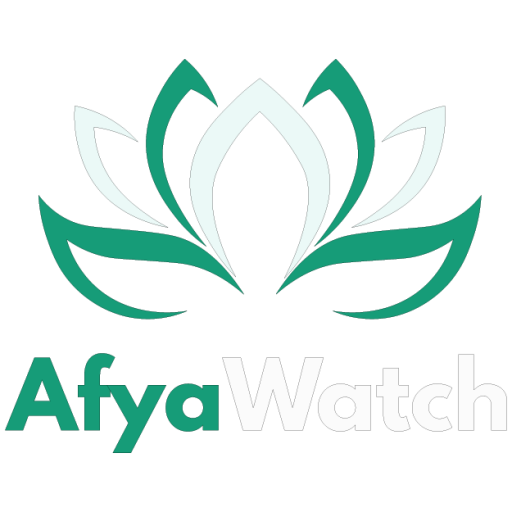In Korbesa, Cherab Ward, Merti Sub-County, Isiolo County, community health promoter Asili Jattani visits 41 households, monitoring the health of children under five, providing basic treatment, and educating families on vital hygiene practices. She also distributes water purification tools. This is part of a broader effort by organizations like Action Against Hunger (ACF) to combat malnutrition and hunger.
“I visit all the 41 households regularly. During a typical visit, I observe and record the health status of the under-fives in the households and any health challenges. I also recommend treatment for minor complications like fever and diarrhoea,” Jattani explains.
Ifra Somo, the Community Health Assistant (CHA) for Korbesa and Biliqi, oversees and supports a team of 26 CHPs, including Jattani. She sometimes accompanies them on household visits to the many homes scattered across the ward to monitor their progress and address community concerns.
Naomi Murkechir, a community health promoter in Snukur, West Pokot, safeguards her clients’ health and well-being through long walks and rough motorbike rides on rocky and sometimes dangerous terrain.
She laments that the dire state of the local roads makes her assignment a tough and mostly thankless one.
“I serve a total of 62 households, which is a difficult task given the region’s tough terrain,” says Naomi, who either walks or uses a boda boda rider to ferry her to some of the homes she has to visit.
The farthest home in her area of operation is three kilometres away. Because no local ambulances are on standby, she must contact the officials at Annet Health Centre to organize one in case of an emergency.
“In case of an emergency in one of the homes, I have to walk at least three kilometres to the home where my services are required. Boda boda riders are also very few in this sub-location, which makes attending to medical emergencies even more difficult,” says the CHV.
The area is also situated along the restive West Pokot – Marakwet counties border, which sometimes experiences insecurity when bandit attacks break out. These occurrences often trigger reciprocal livestock theft raids or revenge attacks, making travel in the area extremely risky.
“When the attacks are underway, we cannot risk travelling around because we can easily get caught in the crossfire, so we normally vacate the area until peace and normalcy return,” she explains.
Community Health Promoters Are Unappreciated
CHPs operate at the grassroots level as the primary link between rural and marginalized communities and the healthcare system. They perform a range of essential duties, from monitoring household health and providing basic treatment for minor ailments to educating communities on critical issues like water, sanitation, and hygiene.
Kenya has a shortage of health workers, meaning there is a pressing need to adequately pay them and address the welfare of the current workforce. In June 2023, President William Ruto announced plans to hire 103,000 community health promoters, a process still underway across the 47 counties that comprise the republic.
Despite their commitment, individuals like Asili and Naomi have often gone unrecognized and underappreciated, frequently working without pay. The new bill aims to change this by establishing a legal framework to incorporate CHPs into the government’s healthcare system.
In a significant step for community-level healthcare in Kenya, the National Assembly has passed the Community Health Workers Bill 2022 (National Assembly Bill No. 53 of 2022). This landmark legislation seeks to formally recognize and empower the vital role played by community health promoters (CHPs) across the country.
Community Health Workers are very important as they work directly with the community. ”The community health worker knows the homesteads in the area he or she lives in and is familiar with the people’s language and the challenges facing the society,” said Ndhiwa MP Hon. Martin Peters Owino, the bill’s sponsor.
The bill passed on November 22, 2024, proposes the creation of the Community Health Workers Council of Kenya. This council will oversee the regulation and standardization of CHW operations, ensuring professionalism and effectiveness in their work and putting them on par with other healthcare professionals.
The bill’s passage is widely celebrated, with lawmakers from across the political spectrum voicing strong support. Seme MP, Hon. (Dr.) James Nyikal highlighted the global recognition of community-based healthcare, noting, “Worldwide, it is clear that community members play a significant role in healthcare delivery, from traditional midwives to health educators. Strengthening and empowering CHWs is essential for improving health outcomes.”
Sotik MP, Hon. Francis Sigei, lauded CHPs as the “backbone of society,” remarking, “These Health Warriors ensure our nation remains healthy and productive. Without their efforts in combating diseases within communities, our healthcare system would falter.”
This comes at a critical time, as community health workers play a vital role in areas like Isiolo County, where they are on the frontline of the fight against stubborn enemies like diarrhoeal diseases.
Passing the bill has been hailed as a crucial step in empowering Kenya’s unsung heroes of community healthcare. As Marsabit County MP Hon. Naomi Waqo noted, “While the qualifications for these Community Health Workers are clearly defined in the Bill, we must ensure that these health workers consistently receive the requisite training to ensure that they are always relevant to every new challenge that faces our communities.”










